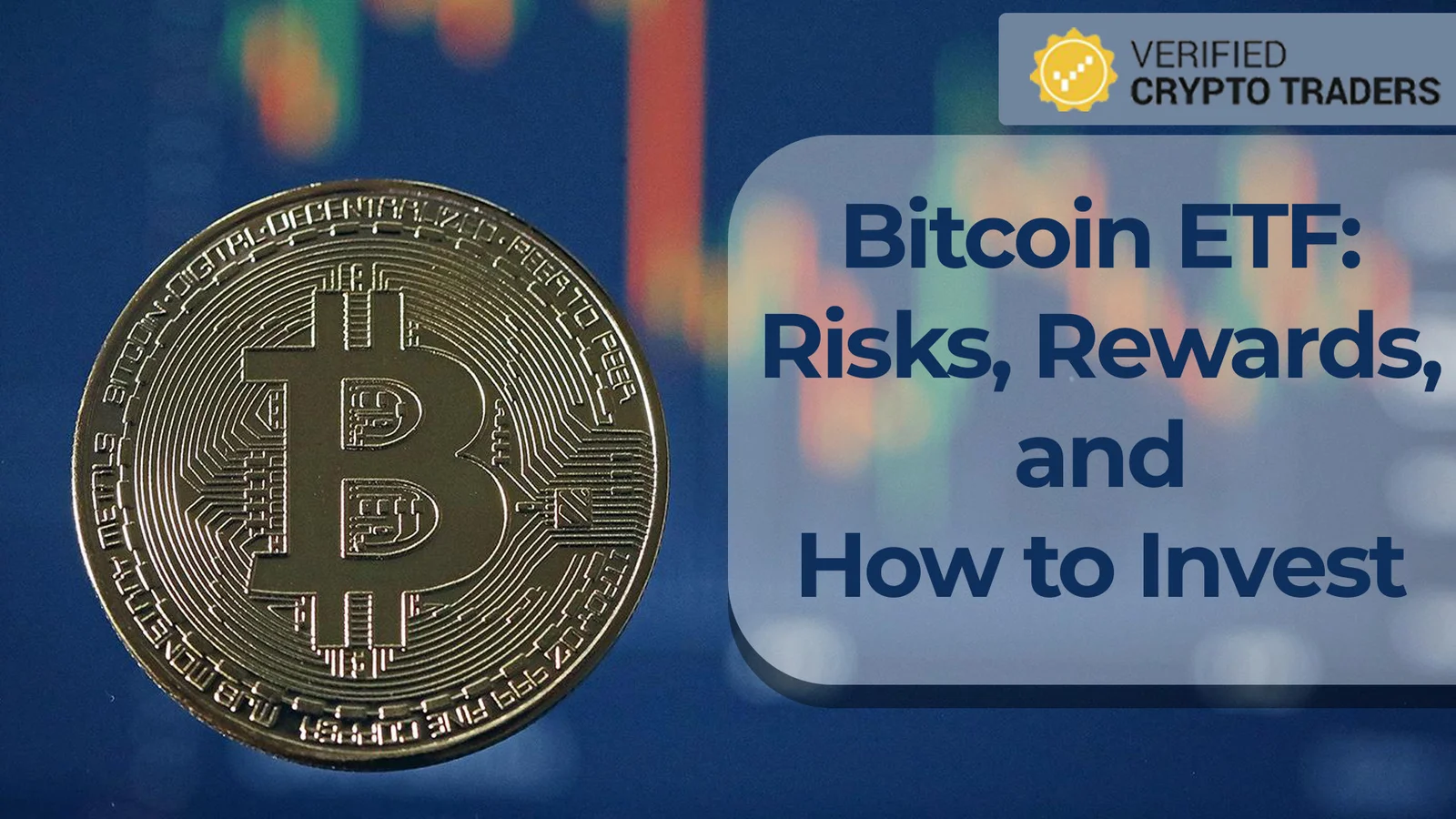
Table of Contents
Recently, Fidelity plans on developing its money market fund, which will be based on blockchain, to improve transaction effectiveness and follow some security concerns that have been experienced recently. Fidelity to launch blockchain money market fund, in perspective of faster trade. As with Fidelity, more than 77,000 customers’ data was recently exposed to theft last week. Fidelity’s blockchain fund comes after launching a UK Bitcoin ETP and shows that its portfolio is hungry for more of the digital asset market share.
Investment management firm Fidelity Investments appeared to be readying for the testing of a money market fund based on blockchain. This comes at the heels of other big financial firms like BlackRock which have sought to incorporate this blockchain in a bid to improve on their services. Fidelity has adopted blockchain at this time of the year when the firm is experiencing a data breach that affected its customers.
Fidelity Blockchain Money Market Fund Investment Proposal
Under regulatory pleadings that Fidelity submitted to the SEC on September 26, 2024, the company intends to launch a money market fund connected to blockchain. This will be the first fund of the company that are based on the application of blockchain technology to enhance the speed and efficiency of the transactions. Though it is still new, the increase in its impact is likely to make the financial procedures justify the amount of investment making it possible for more investors to benefit from its simplicity.
The new plan pits Fidelity against BlackRock, the world’s biggest asset manager, which recently launched a similar blockchain fund. The fund set up by BlackRock has attracted more than half a billion dollars, which confirms that many more investors are ready to finance this area to use blockchain in the sphere of existing non-centralized financial operations.
This is something the company is in the process of doing in the asset management business where it controls $4.9 trillion.
Data Breach Sparking Security Issues
Before setting the pace in moving forward to the next level and Implementing a blockchain-based platform Investment suffers from the impacts of a recent data leak. From 17th August 2024 to 19th August 2024, a third party hacked two new customer accounts created in the application. According to the report submitted to the Maine Attorney General, more than 77,000 people’s private information was breached in this case.
In response to the incident, the asset manager has shut down the unauthorized access point and has pulled an investigation. The company has also been quick to come out and explain that no customer accounts were locked out and that the breach was limited to a few users. However, Fidelity has received pressure from the customers regarding the disclosure of their info such as their names and has donated free credit monitoring plus identity restoration for the next two years.
This is not the first time the asset manager is on the receiving end of a security risk. The data breach scandal that struck the company in the other year of 2024 involved third party service provider by the name of Infosys McCamish System (IMS). According to that, names, social security numbers, and bank information of the customers of Fidelity Investments Life Insurance were taken by hackers. Thisusic.org reported over 28000 persons in that particular case although it may not part of the company’s operations.
Increasing Focus on Digital Assets
This shift by the asset manager is part and parcel of trends currently being witnessed to see financial services inclining towards blockchain and digital assets. In the first half of the year 2024, an international company that is not affiliated with Fidelity Investments launched a Physical Bitcoin ETP on the London Stock Exchange. This product was to track the price of Bitcoin and was the first product the firm dealt with digital asset products in the United Kingdom.
This followed the FCA statement that allows the issuance of cryptocurrency-backed Exchange Traded Notes (ETNs) to only professional investors. At a later time, it will probably help to strengthen the company’s place in the prospective digital finance industry in the USA.
Fidelity has had numerous exposures to cybersecurity threats and this becomes a concern especially when the company is in the experimental stage of using blockchain technology. While using blockchain technology is often lauded for its security aspects that include the availably of such aspects as increased transparency as well as actual immutability, the transition to the use of this technology requires additional safety measures that would prevent additional breaches.


